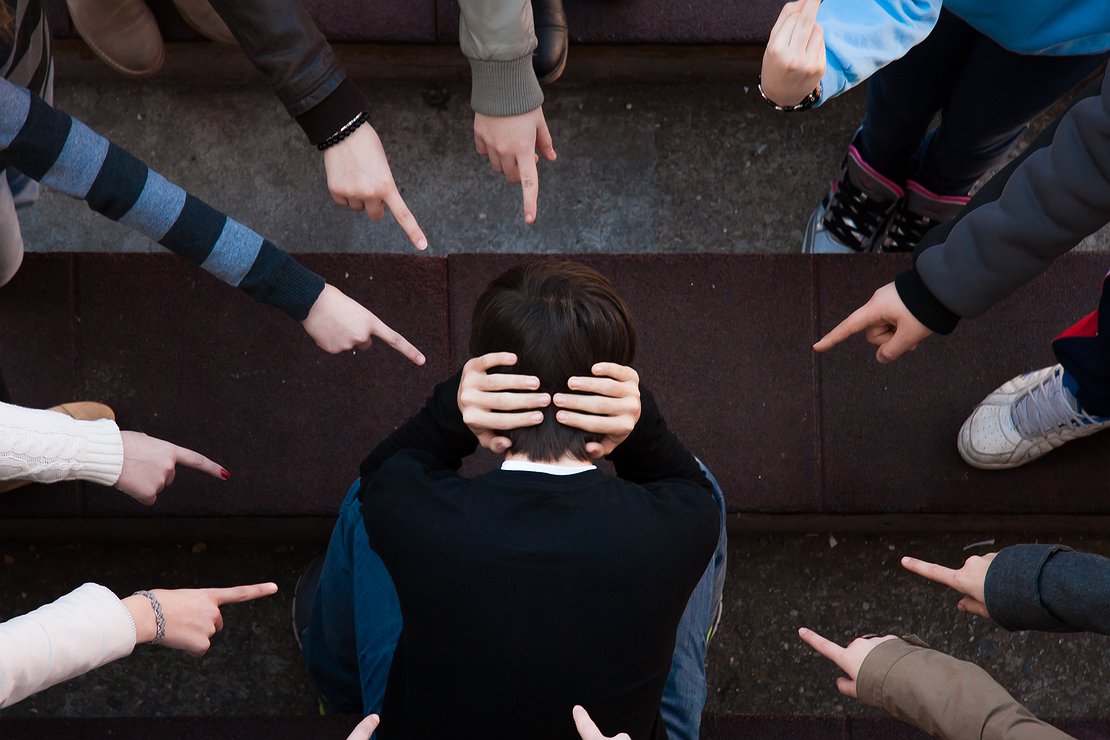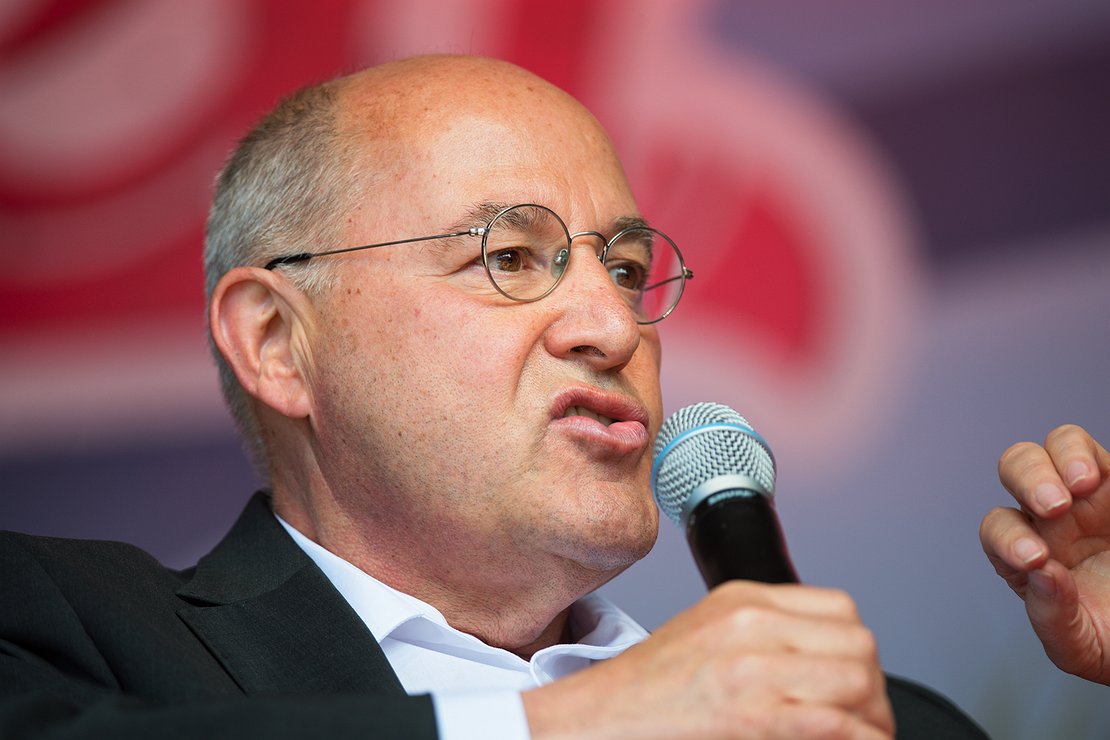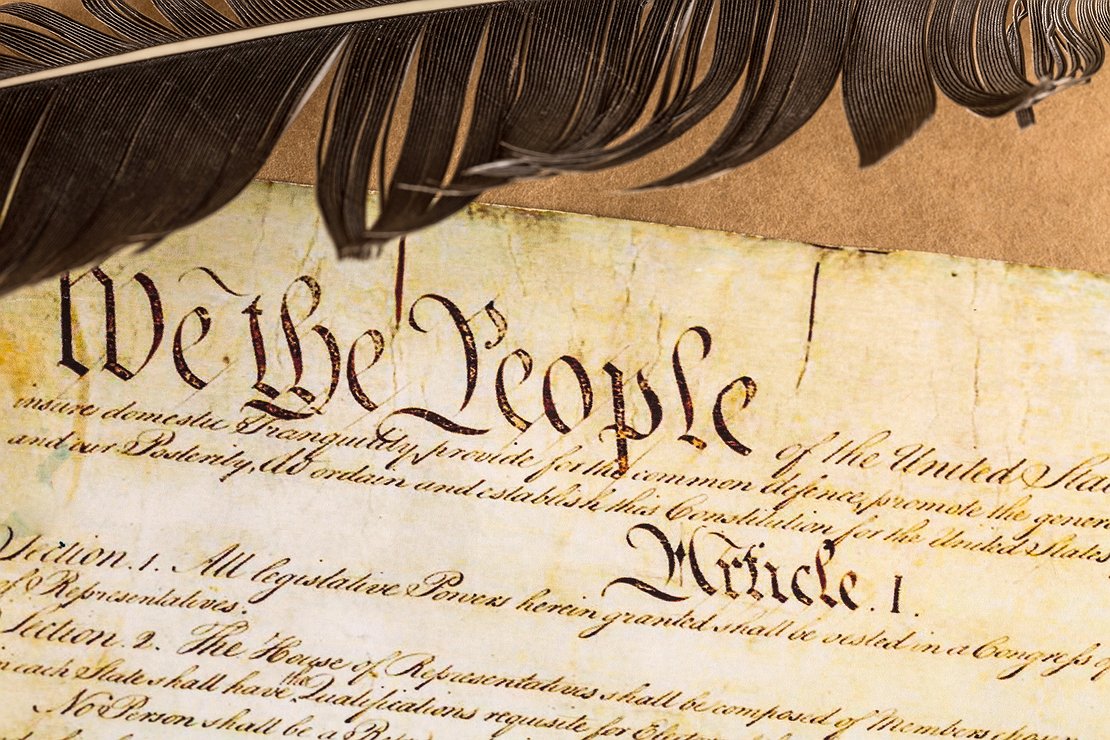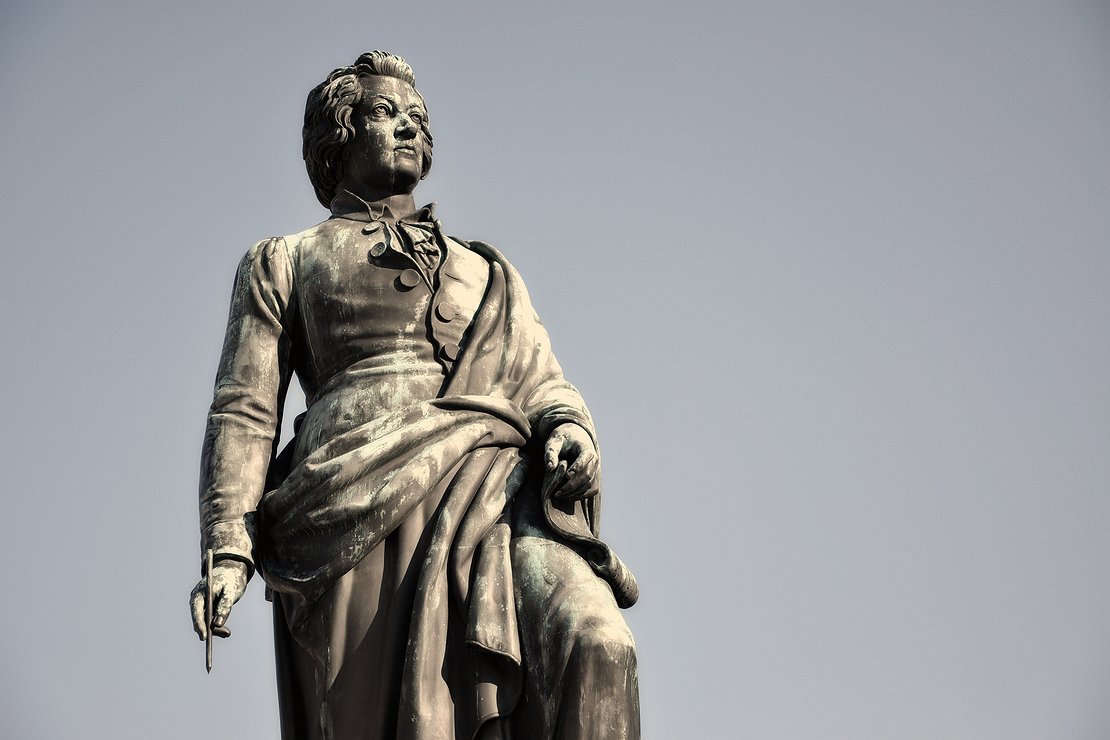
30 years after the ‘turnaround’:The smoldering conflict
The campaign slogans of the AfD are hitting a sensitive nerve with supporters as well as opponents. Slogans like “Complete the turnaround!” and “Then as now. We are the people” evoke associations with the upheaval of 1989. The three upcoming state elections are even being declared as a “peaceful revolution with the ballot paper.” This is rhetoric geared to provoke. In the election campaign, it's all about catchy formulations and memorable images.
With their choice of words the AfD regional associations in Brandenburg, Saxony and Thuringia are making it clear that it’s about fundamental socio-political decisions, and that they don’t want to wear themselves out on secondary topics like climate-friendly street lighting or recyclable refugee shelters.
The slogans would not be effective if they didn’t include a kernel of truth. In the eastern states, the insight has taken hold that freedom and self-determination have by no means been fulfilled with the integration into the Federal Republic of Germany. Many voters have the impression that they are again exposed to political-ideological heteronomy.
Lines of conflict run through families and circles of friends
In west Germany, which lacks the possibility of comparing systems, the false consciousness is on average manifest to a higher degree. Nevertheless, this is not primarily a conflict between east and west. Throughout Germany, the lines of political conflict are drawn within circles of friends, families and even one and the same person. Therefore the accusation that the campaign rhetoric of the AfD would “divide” the country is as wrong as it is determined by the power interests of those who raise it.
Anything like consensus, an ‘inner unity,’ will only be possible if the smoldering conflicts are named and carried out. This controversy implies a fundamental critique of the prevailing conditions, commonly called: the ‘system,’ so it naturally enrages those who have established themselves in it.
Certainly, we have the rule of law, which however is eroding in wide areas, while in others the law is interpreted according to political expediency. Yes, there is a quantitative media diversity, but the relevant broadcasters, publishers and forums are monopolized by one-sidedly conditioned ‘attitude journalists,’ who instead of acting as controllers of government policy, appear as its transmission belts and accomplices. This is why one can confidently speak of ‘state media’ and, in the following, of the ‘political-media complex.’
Ideology knocks the argument
Of course the freedom to demonstrate and assemble is constitutionally guaranteed, but mobs and thugs, tolerated by the state, have it in their hands to suspend it, if critics of current politics want to make use of it. Today, the Stasi headquarters in Berlin is a memorial, but at the same time a surveillance, control and denunciation structure fed by taxpayers' money is laying itself over the country, a network of foundations, initiatives, semi-educated experts and the media, which name actual or supposed right-wing dissenters and give them the choice between being banned from their profession or public self-criticism. In this way, a broken character is generated on a massive scale: the subservient subject.
Of course, children who cannot speak a word of German do not belong in German primary schools because they only prevent others from learning to read, write and do arithmetic. With this statement the CDU politician Carsten Linnemann formulated something self-evident. Education, knowledge and high intelligence are the only raw materials worth mentioning that Germany has at its disposal, which is why they must be nurtured and cared for.
Nevertheless, Linnemann was immediately drowned out by the alarm-cries of the inclusion functionaries and anti-discrimination augurs: One current example among countless others of how ideology knocks the argument and submits reality to itself.
The trend is clear
Today's Federal Republic is not a ‘GDR 2.0,’ but the trend is clear. The causes are of a structural nature. The existence of the GDR could only be justified in social and ideological categories, not in national ones. Consequently, it disappeared when the Soviet occupying power withdrew its support. Although its sovereignty was limited, the Federal Republic saw itself as the governor of the entire nation.
Although the final decision in the case of war was also in the hands of external powers, its politicians tried to keep an eye on the German perspective and to anticipate a sovereign Germany.
What politics succeeded in doing to some extent up until 1989, overexerted society, especially the intellectuals, who regarded politics – especially foreign policy – as a battlefield of morals. After the reunification, this romantic enthusiasm took full effect. The debates about the Gulf wars, the Yugoslavian war, the introduction of the euro, the right of asylum were predominantly conducted from the point of view of which course of action was the true “lesson from history,” especially “from Auschwitz.”
The moralizing tendencies have grown into a downright ideology and prepared the way to the opening of the border in 2015, with which the state abandoned its protective function towards its people. Politicians, lawyers and publicists are already finding themselves proving with razor sharp precision that the only constitutional way open to the Germans is to renounce their ethnocultural dominance – in their own country, mind you. Against this background, the recourse to the slogans of 1989 is legitimate and the opposite of crude campaign rhetoric.
Originally written in German for 'Junge Freiheit', where the article appeared under the title 'Der schwelende Konflikt', on August 18th 2019.




